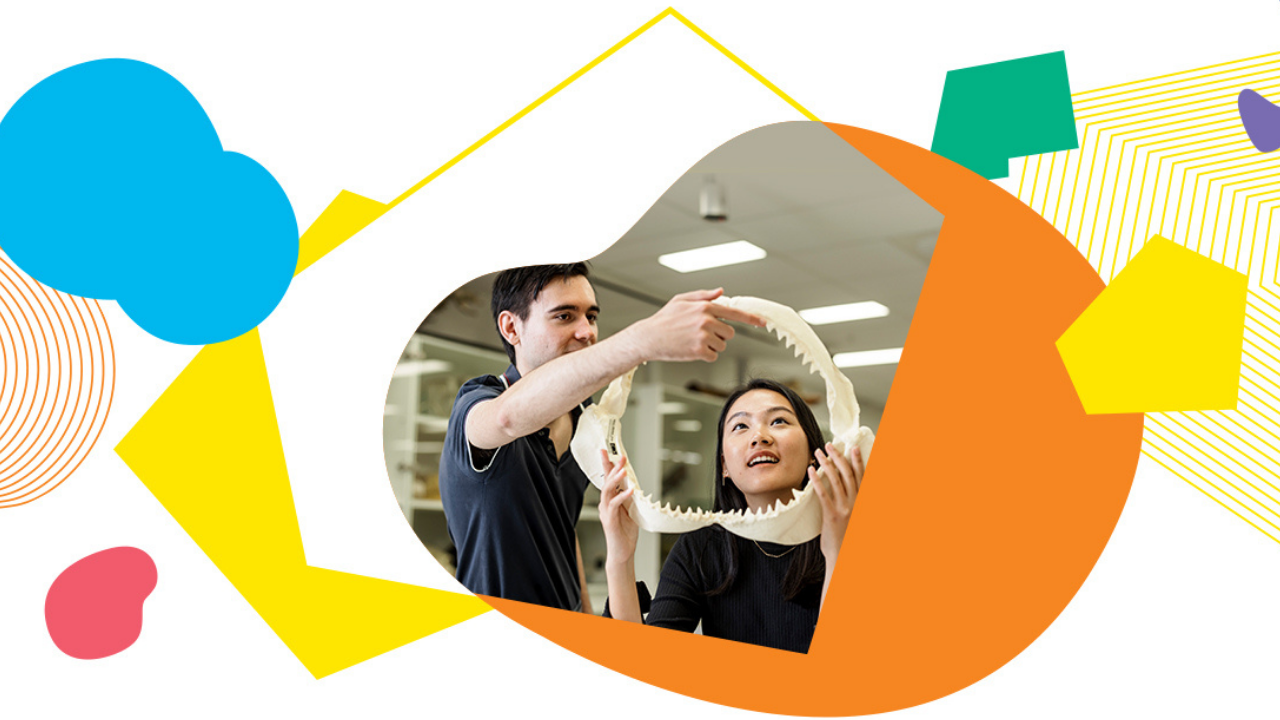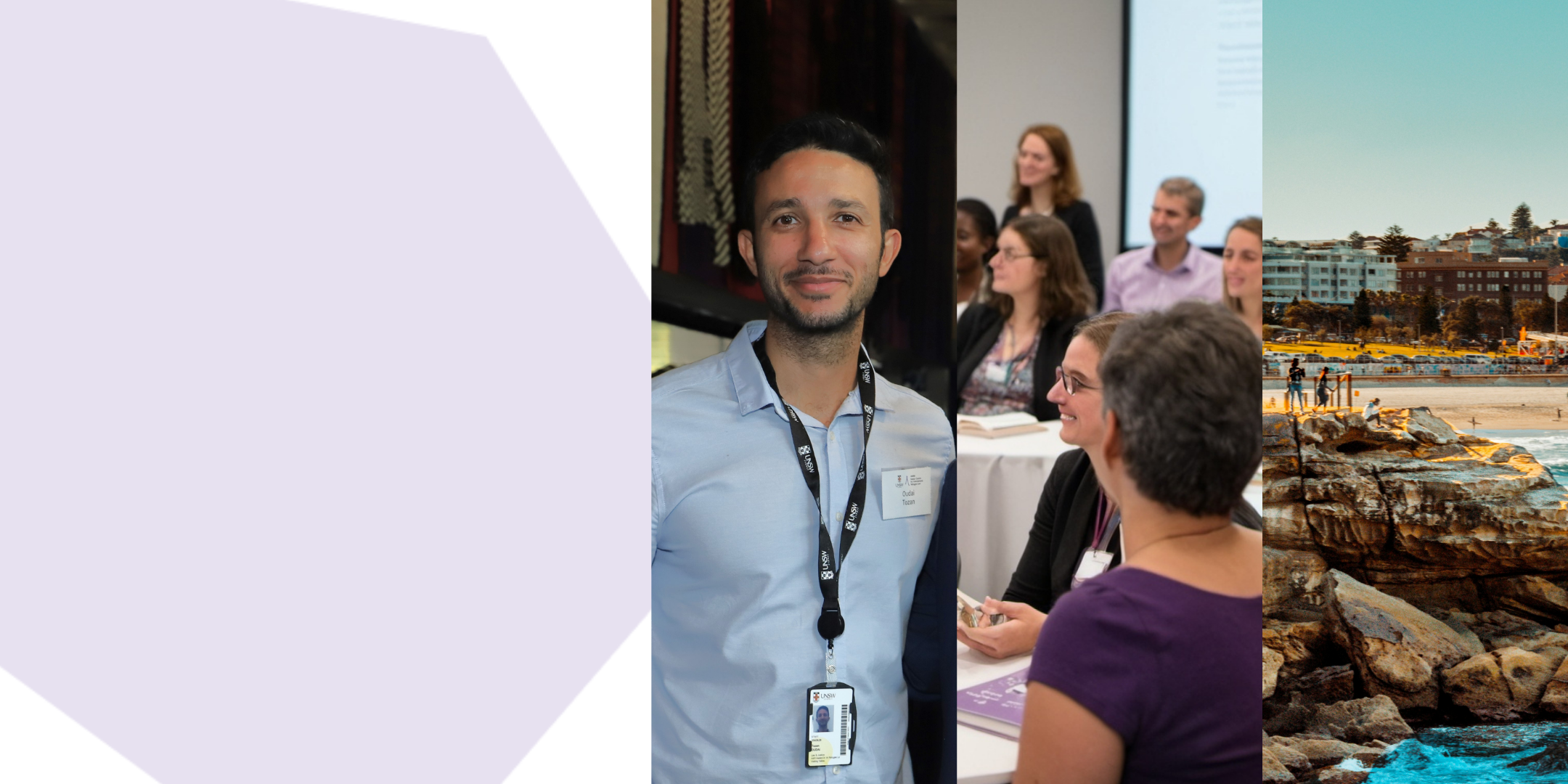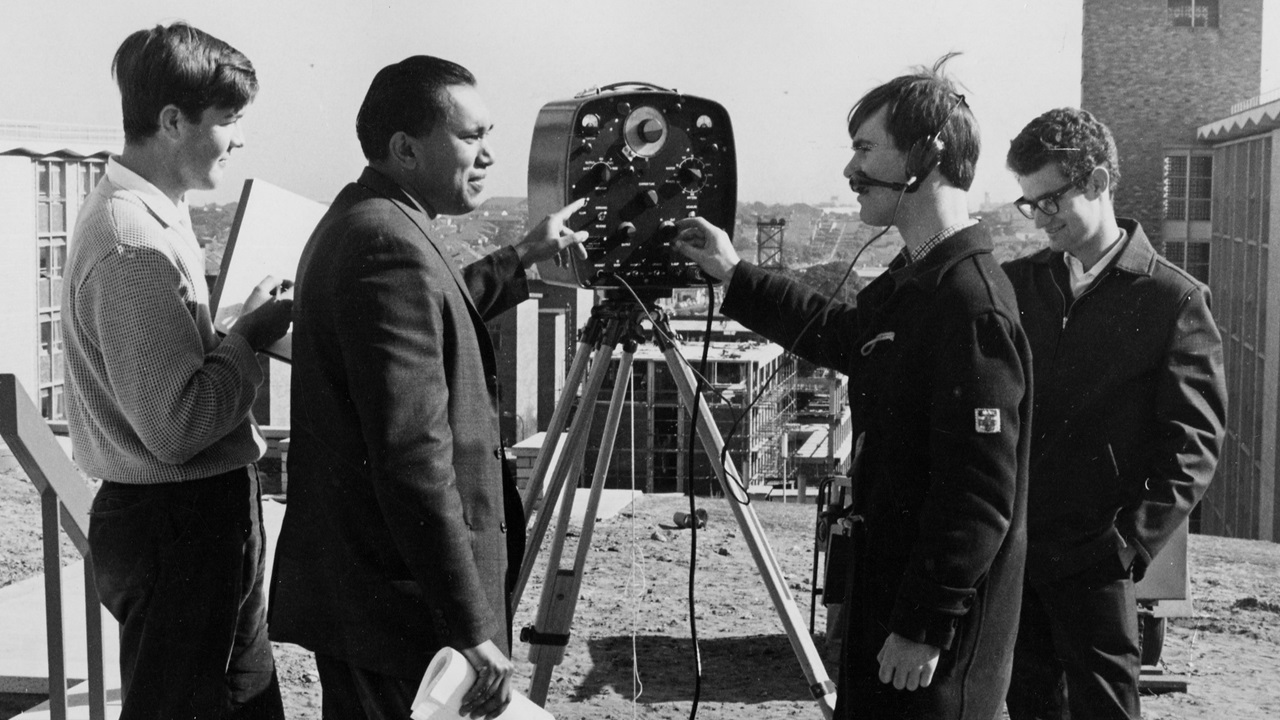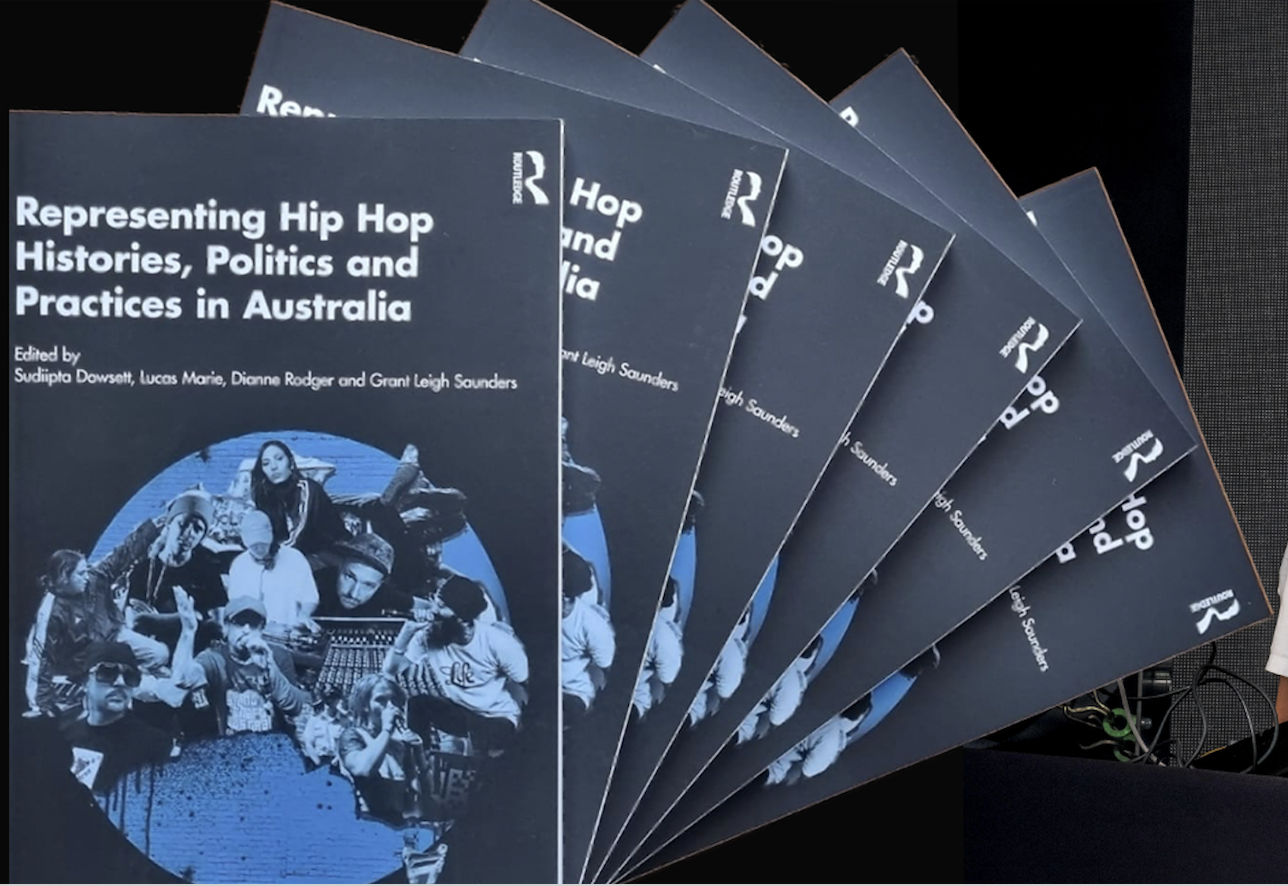Following / Making the Science in the Covid-19 pandemic
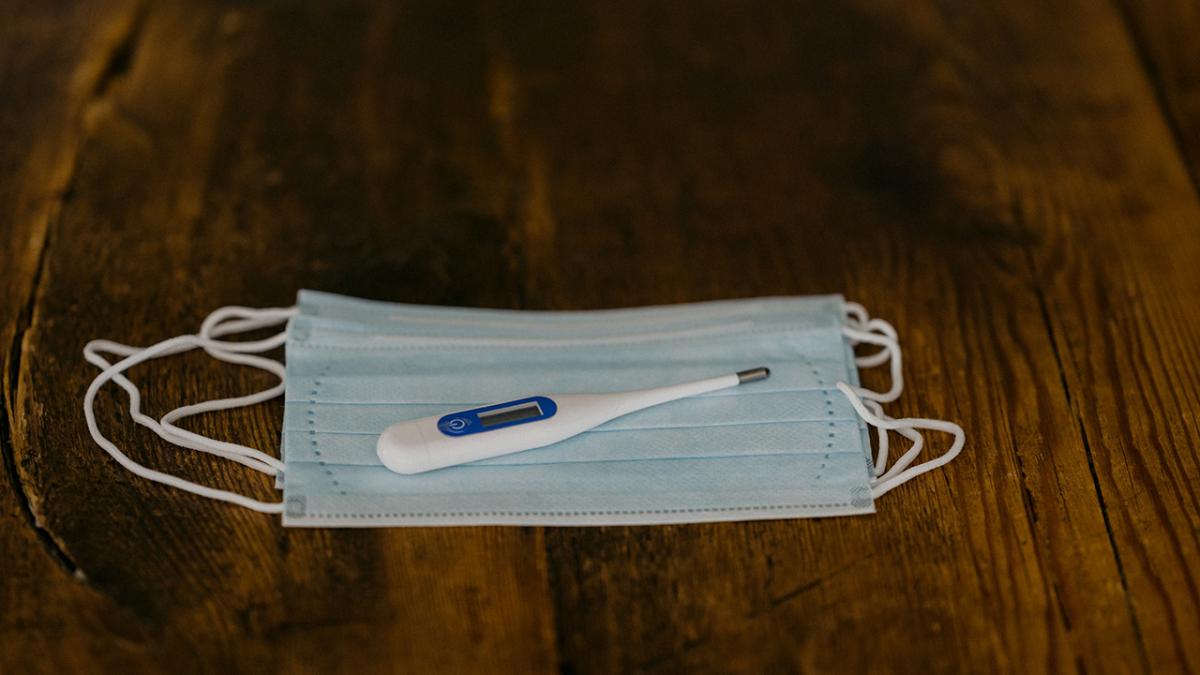
In this seminar, Professor Noortje Marres (Centre for Interdisciplinary Methodologies, University of Warwick UK), joins Professor Tim Rhodes (Centre for Social Research in Health UNSW & London School of Hygiene and Tropical Medicine UK) and Associate Professor Kari Lancaster (Centre for Social Research in Health UNSW) to present and discuss research investigating science, evidence, and expertise in the context of Covid-19.
The seminar will focus on three critical social science studies, which in different ways examine how science has been made, translated, contested, and ‘gone public’ in the UK Covid-19 policy landscape.
This seminar is supported by the UNSW ADA Science and Society Research Group.
On making science public in times of generalised emergency: A social study of Independent Sage
Professor Noortje Marres, Centre for Interdisciplinary Methodologies, University of Warwick (UK)
What does it mean to conduct science in the public interest in times of a general emergency? Recent studies of expert advice during the Covid-19 pandemic in the UK have noted the exceptional circumstances in which science gained broad and practical public relevance, as Covid-19 affected the whole UK population (Green et al, 2022). They have also argued that institutionalised relations between science and politics contributed to the crisis in the UK, as secrecy and reliance on a narrow range of expertise allowed underexamined assumptions to gain disproportionate influence on government policy, especially in the early phase of the pandemic (Pearce, 2020; Ballo et al, 2022). In view of this, I propose that it becomes especially important to examine the alternative strategies that scientists devised to intervene in the pandemic, including by making science public. To this end, I am currently conducting a social study of Independent Sage, the group of UK scientists that formed in May 2020 to provide independent scientific advice to the government and public on how to minimise deaths and support Britain’s recovery from the COVID-19 crisis." Using methods of situational analysis (Clarke, Friese et al, 2017), I investigate how Independent Sage sought to "make a difference" in the public situations (Barry, 2021; Marres, forthcoming) of Covid-19 by intervening in three topical areas: test and trace, covid-related inequalities, and science-informed governance in society (such as schools). In this talk, I will present some initial analysis of IndieSage's contributions in these areas based on expert interviews with members and societal partners of Independent Sage, and, on this basis, formulate some practical, methodological and aspirational answers to the question above that emerge from their work.
Evidence in the wild: The uncomfortable science of mathematical models in policy
Professor Tim Rhodes, Centre for Social Research in Health, UNSW & London School of Hygiene and Tropical Medicine
Policy ‘following the science’ is a claim that has been made in support of UK Government policy decisions in the covid-19 pandemic, including in relation to the timing and focus of ‘lockdowns’. Here, we talk about a social study of mathematical models and how these perform as evidence. We look at how evidence ‘comes to be’ in the event of policy. We work with the qualitative interview accounts of 29 modellers and other scientists engaged in the UK covid-19 response. We trace how ‘scientific consensus’ is made and transformed. Our point of departure is a moment of controversy in the public announcement of the second national lockdown in October 2020 in the UK, but we also touch on how models perform in the first national lockdown of March 2020. Inspired by the work of John Law, we follow how ‘evidence’ emerges as a fluid object of its policy situation. We also draw on some parallels with the work of Tess Lea on ‘wild policy’ to argue that we not only need to see translations of science in policy as messy and wild, but that we need to be thinking altogether differently about the project of ‘evidence-based policy’.
The thing we call evidence: Toward a situated ontology of evidence in policy
Associate Professor Kari Lancaster, Centre for Social Research in Health, UNSW
The Covid-19 pandemic is a prompt to new thinking not only about how evidence comes to bear on policy, but also about the nature of the thing we call evidence itself. How might these profoundly uncertain conditions help us to finally let go of the problematic assumptions which have haunted ‘evidence-based policy’, and move towards an approach which allows us to more carefully attend to the complexity and politics of evidence in its situations of policy deliberation? What would it mean to ‘follow the evidence’? How is evidence constituted as a thing being followed? In this presentation, we propose a critical move towards a situated ontology of evidence in policy, disrupting how evidence has hitherto been characterised as being used for policy. We attend to how the thing we call evidence is enacted in events of policy deliberation, and not merely before it. Evidence translations therefore constitute transformations of evidence into different things. We take as our case for analysis the deliberations surrounding the United Kingdom’s Covid-19 response, including the use of mathematical modelling. Through this analysis we notice how evidence is performed as a thing ‘followed’, emerging as a thoroughly political and public concern, and as ‘evidence-enough’ in the face of uncertainty. Attending to evidence as a situated achievement, a thing made in an event, brings to the fore ethico-political matterings that might ordinarily be obscured.
For more information or to register, visit: https://www.eventbrite.com.au/e/following-making-the-science-in-the-covid-19-pandemic-tickets-429010751707
Image credit: Annie Spratt
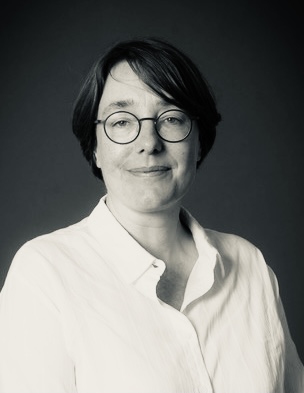
Professor Noortje Marres
SpeakerNoortje Marres is Professor in the Centre for Interdisciplinary Methodologies (CIM) at the University of Warwick (UK). Trained in Science and Technology Studies at the University of Amsterdam, Noortje has published widely on public participation in science- and innovation-intensive societies, including in studies of online debates on climate change, socio-material practices of sustainable living, and street trials of autonomous vehicles. She is currently working on a Leverhulme Fellowship “Testing beyond the Laboratory” and is the UK PI for the ESRC-funded international project Shaping AI: Controversy and Closure in Research, Policy and Media. Her study of Independent Sage was funded by the Participatory Research Fund of Research England. Noortje was a member of the REF21 panel for Sociology, and has published two monographs: Material participation (2012) and Digital Sociology (2017). More info at https://warwick.ac.uk/fac/cross_fac/cim/people/noortje-marres/
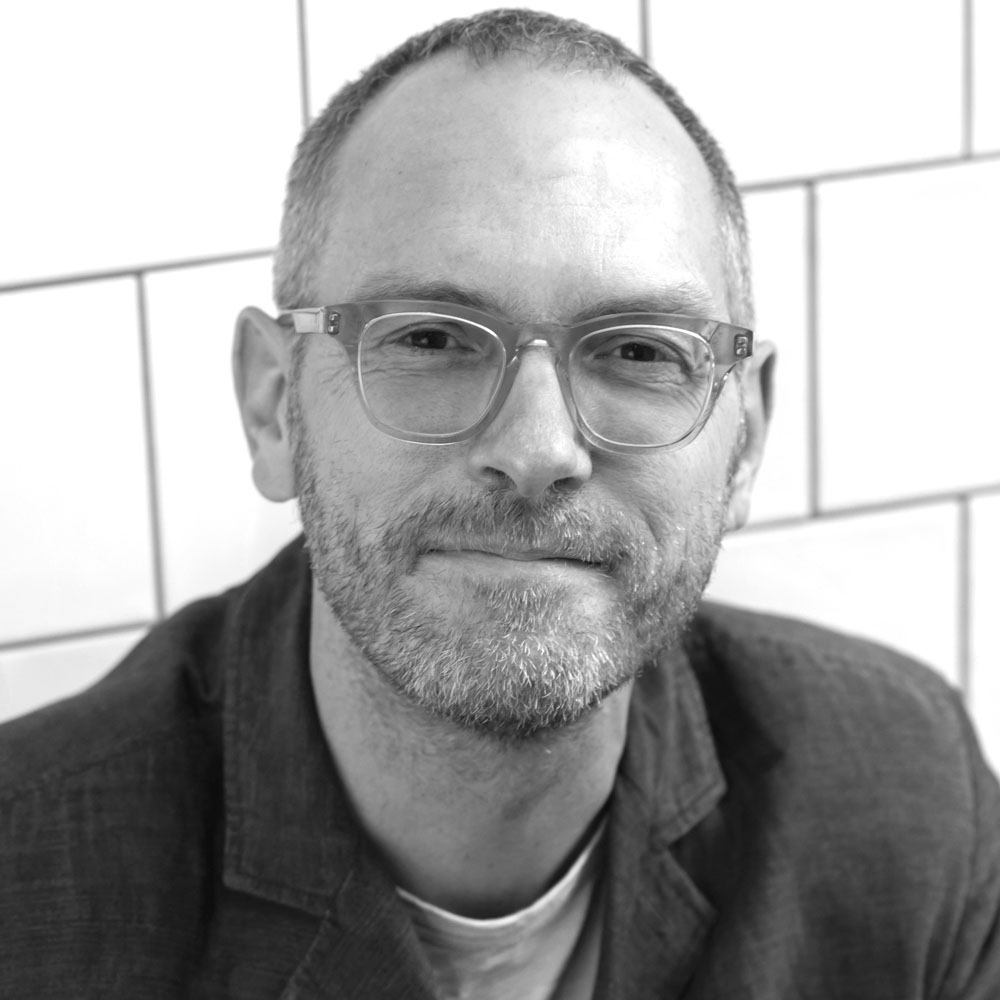
Professor Tim Rhodes
SpeakerTim Rhodes is SHARP Professor of the Sociology of Health at the University of New South Wales and Professor of Public Health Sociology at the London School of Hygiene and Tropical Medicine. He uses qualitative methods to explore the social relations of evidence-making practices in health and care, especially in the fields of infectious disease, pandemics, drug use and addictions. He is currently working on the social study of mathematical models and other forms evidence in pandemics and outbreaks, and on qualitative studies of covid, covid care, drug use and drug treatment.
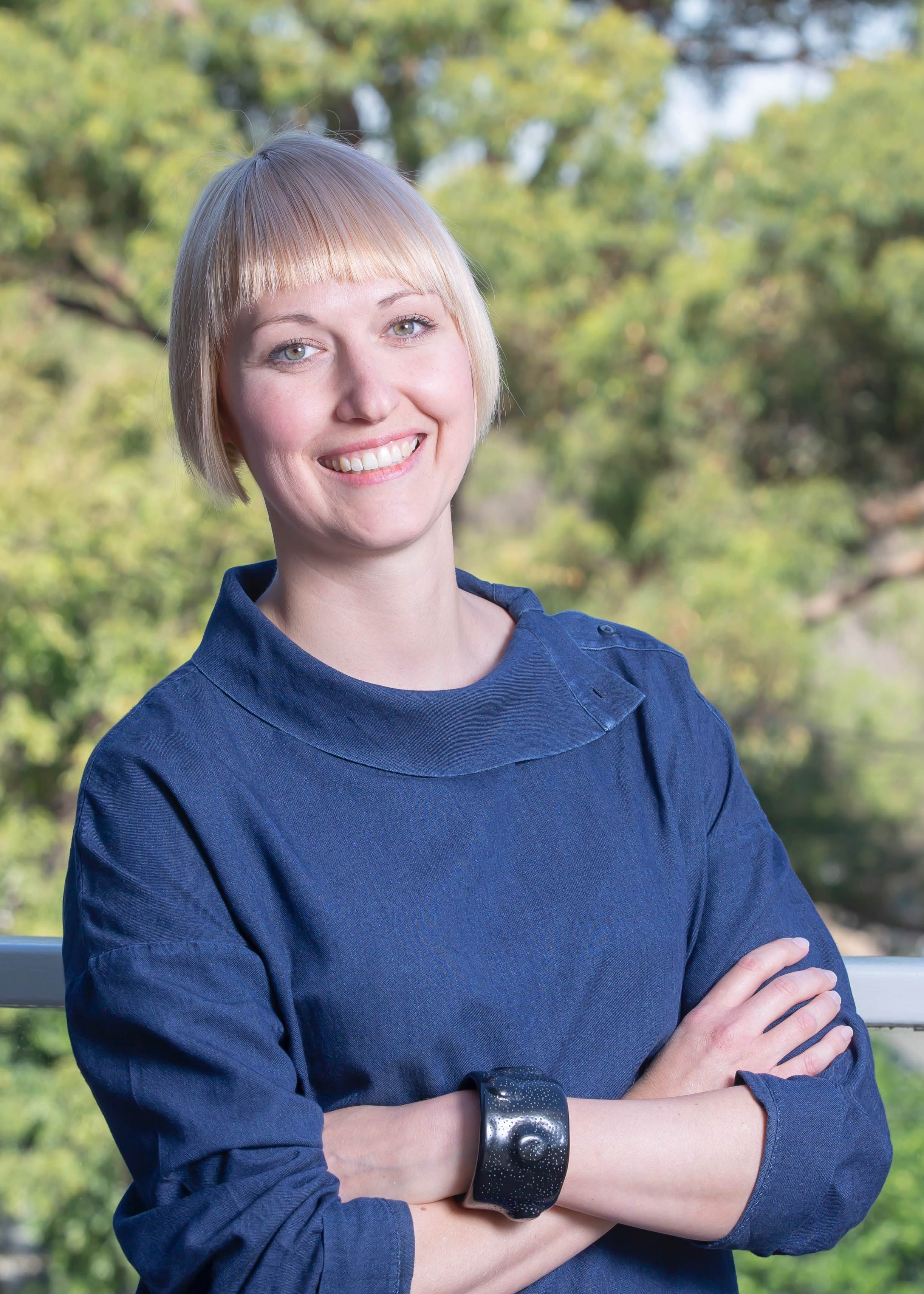
Associate Professor Kari Lancaster
SpeakerKari Lancaster is Scientia Associate Professor at the Centre for Social Research in Health at the University of New South Wales, and Honorary Associate Professor at the London School of Hygiene and Tropical Medicine. She leads a program of qualitative research focused on the development of critical approaches to the study of evidence-making practices and intervention translations in health. Informed by Science and Technology Studies, Kari is currently investigating viral elimination and outbreak science in the governance of health, Long Covid care and recovery, and the effects of novel addiction treatment technologies.
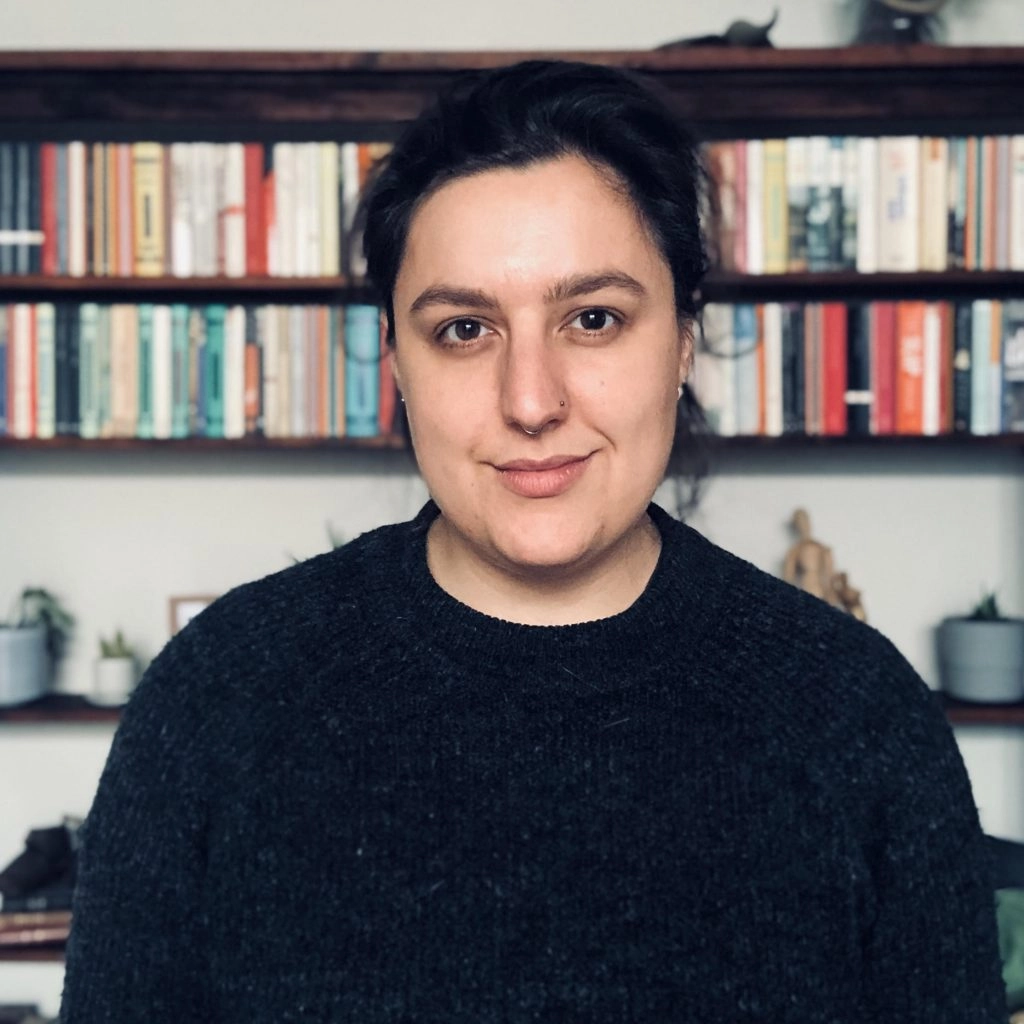
Dr Mia Harrison
ChairMia Harrison is a Research Associate at the Centre for Social Research in Health at the University of New South Wales. Informed by Science and Technology Studies and Critical Medical Humanities approaches, her current work explores evidence-making practices and embodied experiences of COVID-19.
